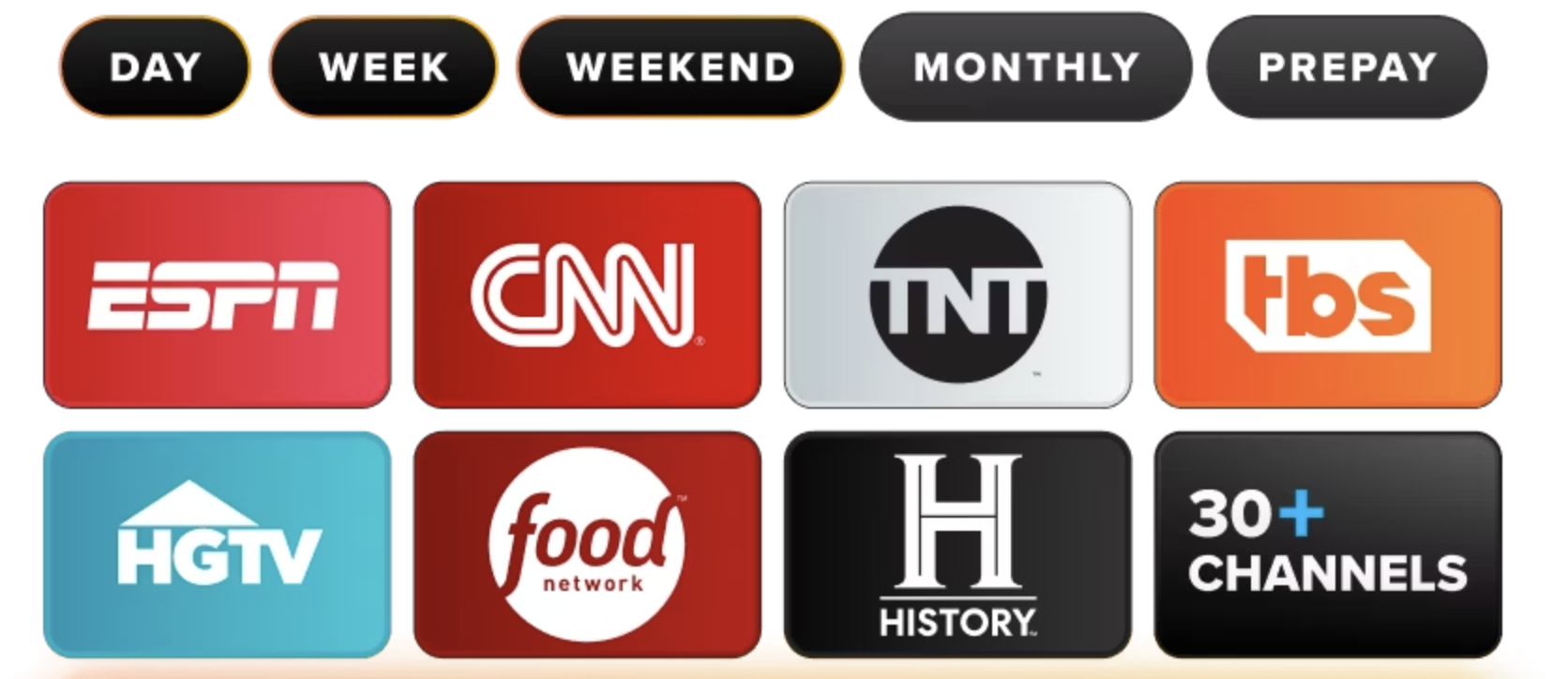Disney’s ESPN lost its effort to prevent DISH’s streaming service Sling Orange from selling daily and weekend passes. A federal court judge today in an 11-page ruling denied Disney’s motion for an injunction against Sling Orange, which is a sports focused bundle.
The passes give customers short term access to Sling Orange’s channels, which include ESPN. The passes are viewed as a way for a fan to buy access to ESPN for one game, which the network has argued damages its business model.
U.S. District court judge Arun Subramanian sounded very skeptical of ESPN’s claims, suggesting ESPN has an uphill battle to win its case that the passes violate the license DISH signed. The core of his ruling came down to disagreeing with Disney that the term “subscriber” as cited in the license implied a recurring account, not a one off purchase. Disney tried to cite dictionary definitions of subscribers to contend subscriber means monthly, but Subramanian was unmoved.
“Here, whether the time periods are short or not, the Sling Passes at issue are for specified periods of time, and not for specified programs or titles,” he wrote. “For that reason, considering the Passes to be ‘subscriptions’ doesn’t necessarily conflict with conventional understandings of what that term means. To be clear, in this case the parties defined who a ‘Network Subscriber’ is in a way that plainly includes the Passes. So the Court need not—and does not—make any findings about whether the Passes would be subscriptions absent that definition. Right now, the point in citing these dictionary definitions is that Disney’s argument that subscriptions must be recurring over multiple time periods isn’t necessarily right.”
The judge also rejected Disney’s conventions the Sling passes threatened the new ESPN streaming app, which makes the Worldwide Leader’s channels available without a pay TV subscription. He left open for ESPN to make that argument later in the case, but for now it is conjecture and not reason to enjoin the passes, he ruled.
“Disney’s evidence doesn’t show that the Passes siphon customers from ESPN Unlimited. …And if the Passes do siphon customers from ESPN Unlimited, Disney hasn’t shown that those losses would not be quantifiable.”
That last point underscores another reason the judge rejected the injunction push: were Disney to win the case, its damages can be made up with money. Injunctions are granted when damages are irreparable, meaning cash alone won’t undo the damage.
The decision comes at a time of rapid change in the pay TV industry. Historically, sports were not stripped out of bundles and sold largely separately, and in fact content companies like Disney required all of its channels to be licensed by the distributor. But there is now a movement to sell these so-called skinny sports bundles, not to mention ESPN’s own direct to consumer offering.
The DISH passes appear to go one step further by making sports channels – albeit bundled with some non-sports outlets – available for just a few days at a time.
Judge Subramanian noted the solution for Disney is to negotiate a new license that forbids the short term passes. “As the parties agreed at oral argument, that negotiation is around the corner, given that the License expires in less than a year and everyone agrees that the next round of negotiations will need to commence soon.”

